What is a technical drawing and why do you need one for apparel production?
What is a technical drawing?
First and foremost, what is a technical drawing, or CAD (computer aided design), as it's sometimes known? A technical drawing is the fashion industry equivalent to a blueprint, it shows the factory or pattern cutter the shape of the garment when laid flat, without any artistic flare or stylisation. It clearly shows the details of the garment, including things like stitch type, shaping such as darts or tucks, trims and fastenings. Most of the time, only a front and back drawing is required, but on some occasions an internal and/or side view might be needed. For example, a ski jacket would often need an inside view to show the position of internal pockets.
Need technical drawings for your fashion range? Click here to learn about how you can get them for your collection.
Why isn't a photo or sketch of the garment enough?
The first issue here is that they often show the garments on a model. While this can look very nice, this isn't very useful for production, as models are usually drawn disproportionately to a real human figure. This can cause confusion over what the actual proportions of the garment should be and can distort the width vs height ratio of the garment. AKA, your clothes won’t fit your customer well. The second reason is that the detail needs to be really clear, showing every seam, stitch, dart, rivet, etc and a sketch or photo can't offer this level of detail. The technical drawing is 'flat' which is also key as the factory will measure a flat garment to make sure the proportion is correct, so it makes sense that the drawing is the same as what the factory is looking at.
The technical drawing, in conjunction with the tech pack act as an 'instruction manual' for the factory, so they can make samples and quote a price to you. If you're not familiar with a tech pack, you can read more information in this article.
Here’s an example of some of my technical drawings.
2 Versions of the drawings is helpful
Ideally, there should be 2 versions of the technical drawing, a black and white version and a colour version. The colour version is great to refer to if you have a garment with more than one colour within it, so the factory can easily see which part of the garment is in which colour. This makes production easier for them and minimises confusion. The black and white version is also important, as it makes it really easy to see the stitches and details without the distraction of colour (especially if the colour is dark as it makes it really difficult to see the detail!). The black and white one is used in conjunction with the measurements in the tech pack. Arrows will be placed over the black and white drawing to show the factory exactly where they should measure. For this reason, I include a black and white version, plus colour versions in my tech packs as standard.
------------ ⭐️ Want support with your fashion brand? ⭐️ ------------
-------------------------------------------------------------------------------
Here’s an example of some of my technical drawings in colour.
More than just a drawing
Is the technical drawing basically copying a sketch or photo into a CAD (computer aided design) drawing? Partly, yes, but a lot more goes into it than that. The CAD drawings may seem simple at a glance, but every detail has be be considered and importantly, the construction. For example, how will the edge be finished? Will it be left raw, single needle stitched, cover stitched, bound, faced, lined? Each opening (hem, neckline, cutout, etc) has to be considered and a technique relevant to the style and fabric has to be carefully selected. So while the drawings themselves may appear fairly simple, on the small example range above, options have been considered and decisions made for 39 edges! And that’s only the edges, not thinking about things like fastenings and other trims too!
You'll notice that there's some variation on the types of finish that has been used. This is a simple example, but many other things are considered, such as how you'll get into the garment, does it need a zip, are darts needed for shaping, will the seams work well or does it get too bulky, etc. A technical drawing is much more than a digital drawing and needs to be created by someone with a lot of garment making experience, rather than just someone who knows how to draw digitally.
I hope this post has given you an insight into the amount of work that goes into each and every technical drawing. As always, you're welcome to leave questions in the comment box below and I'll be able to answer them for you.
If you're interested in moving forward with your range and taking the first step towards having your designs made, I’d love to help you! You’re welcome to contact me here.
------------ ⭐️ Want support with your fashion brand? ⭐️ ------------
➡️ Start here (launched brands) >>>
-------------------------------------------------------------------------------

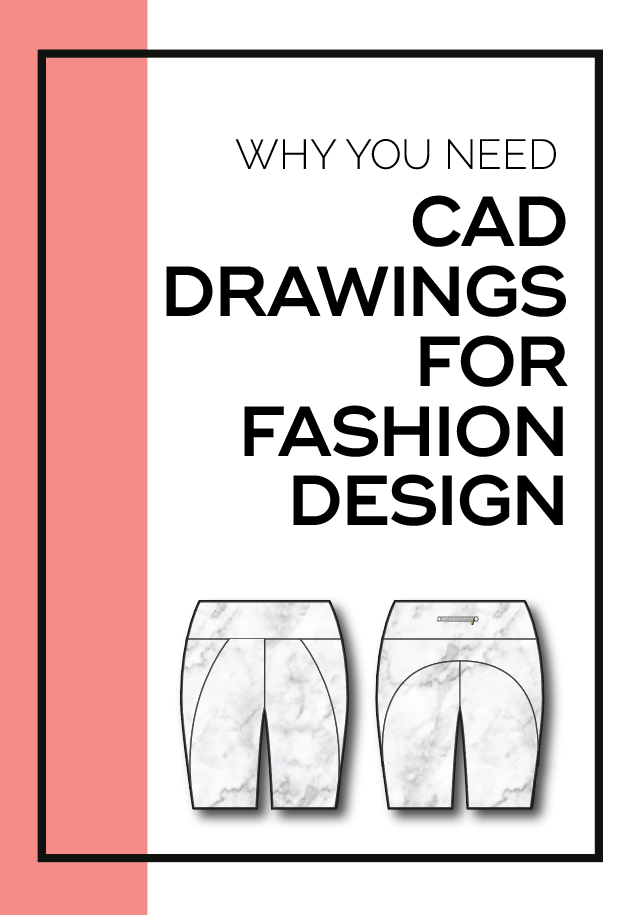
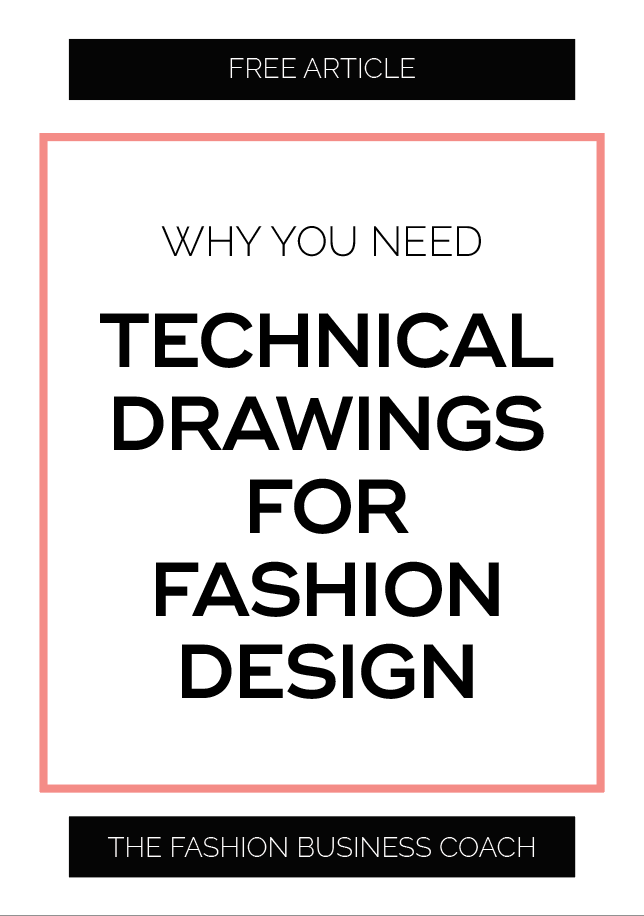
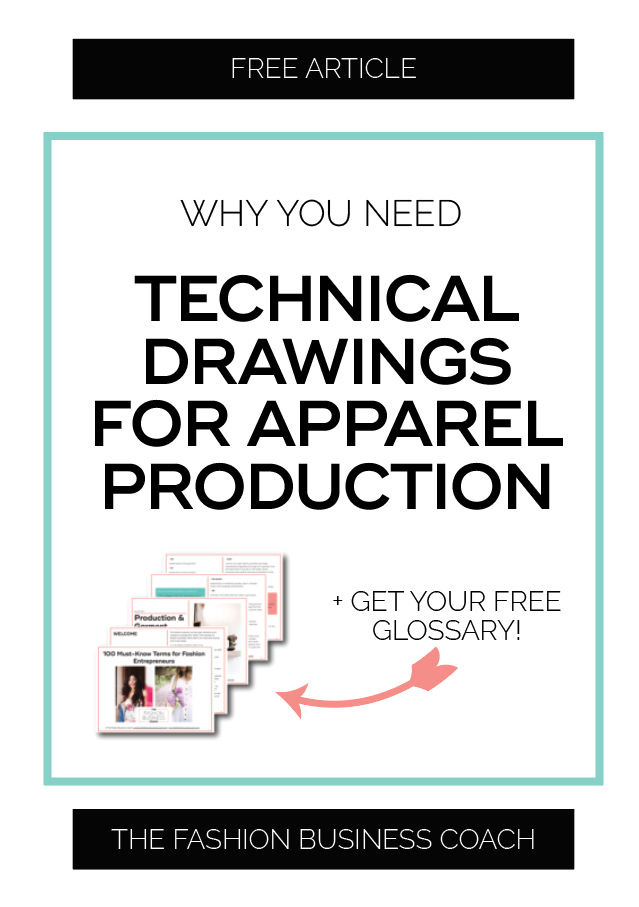

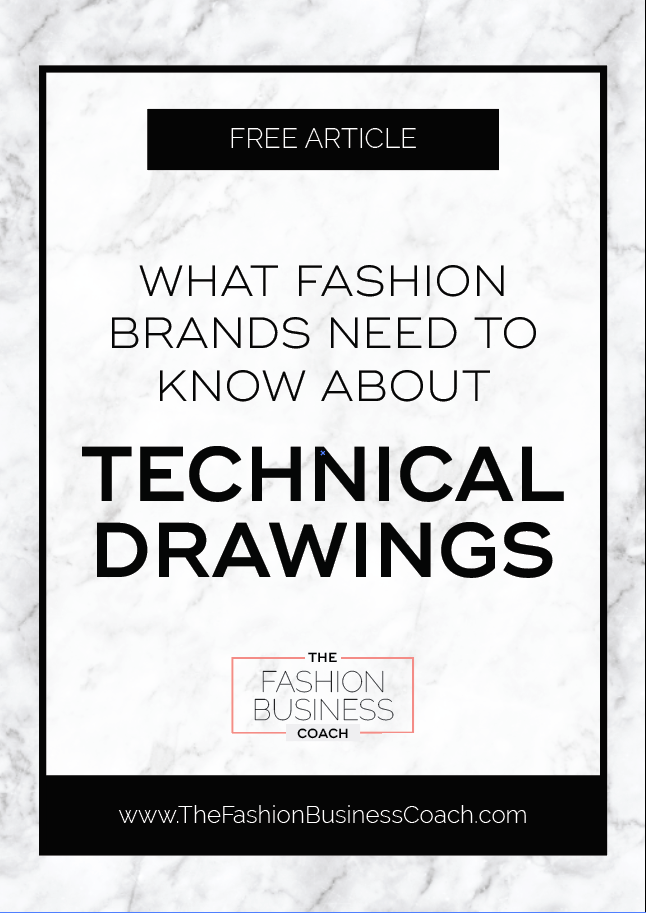
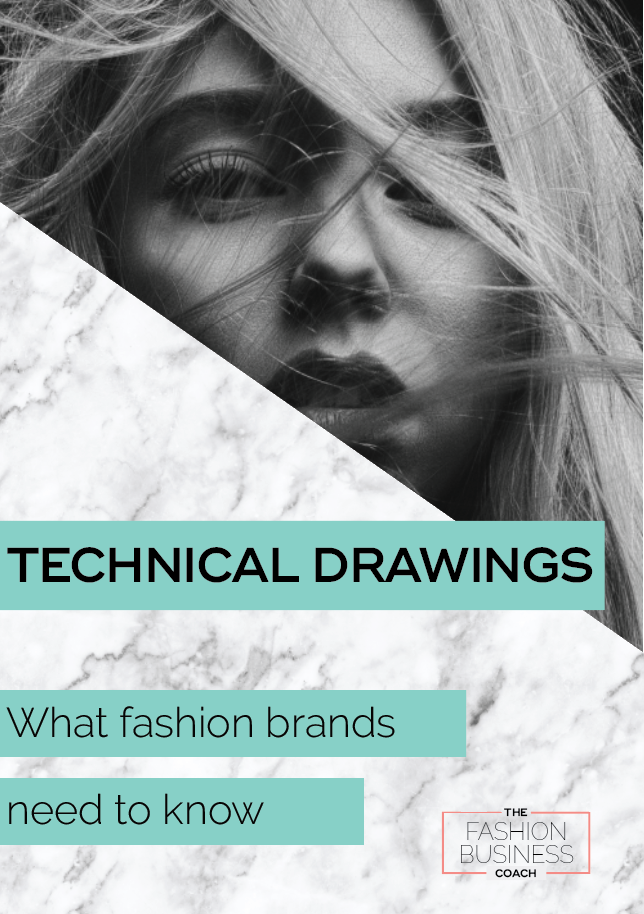
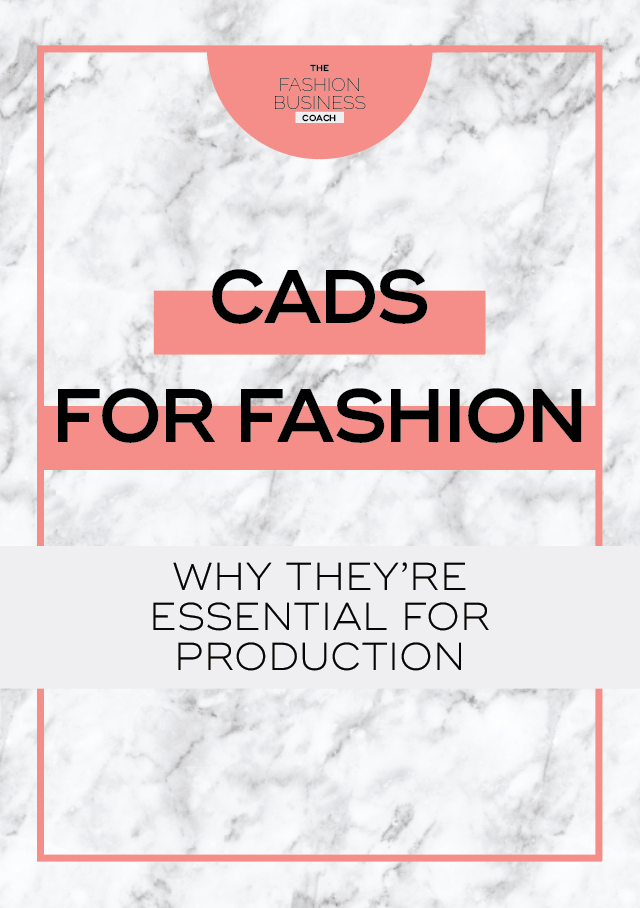
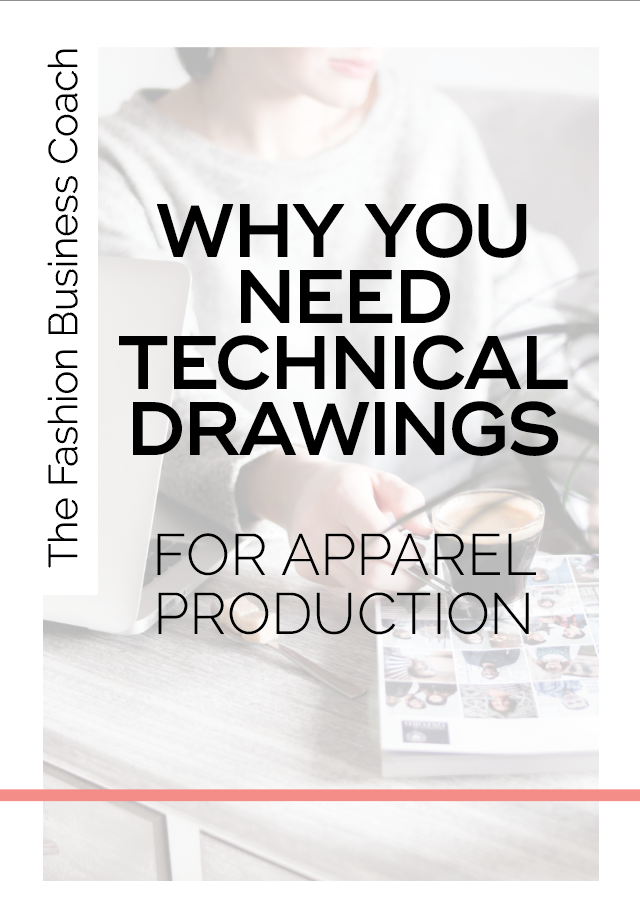
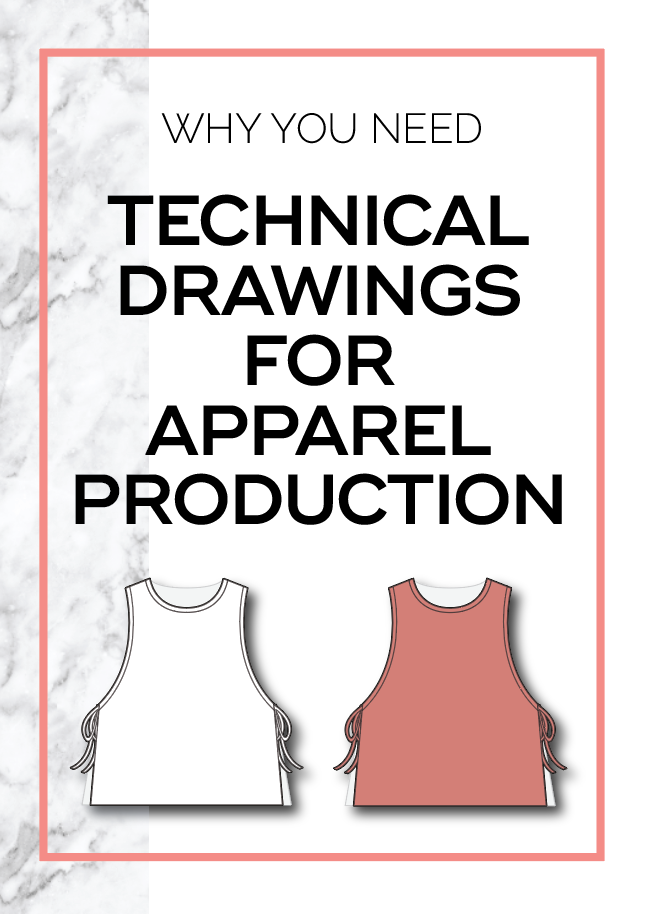
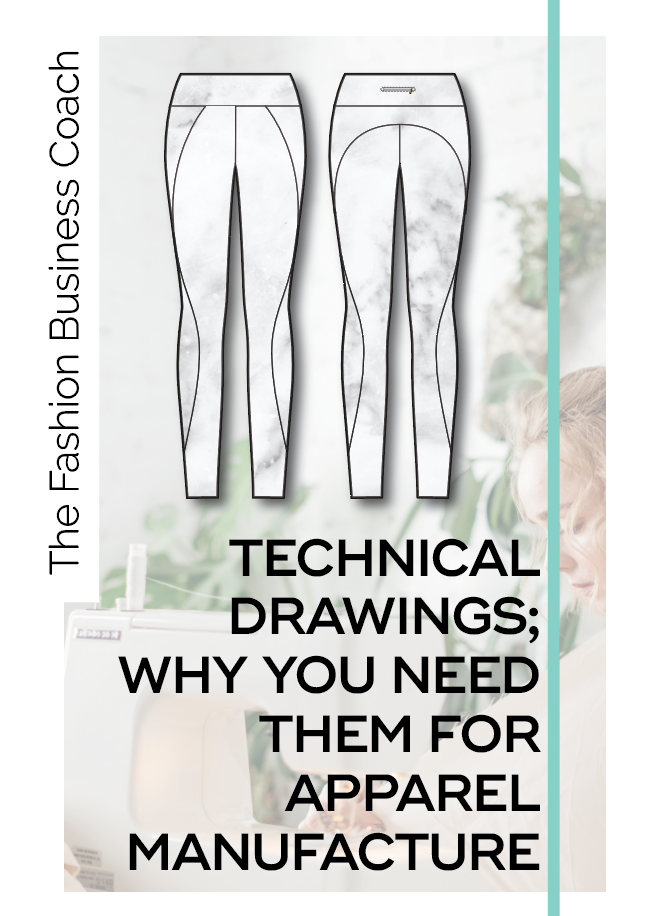
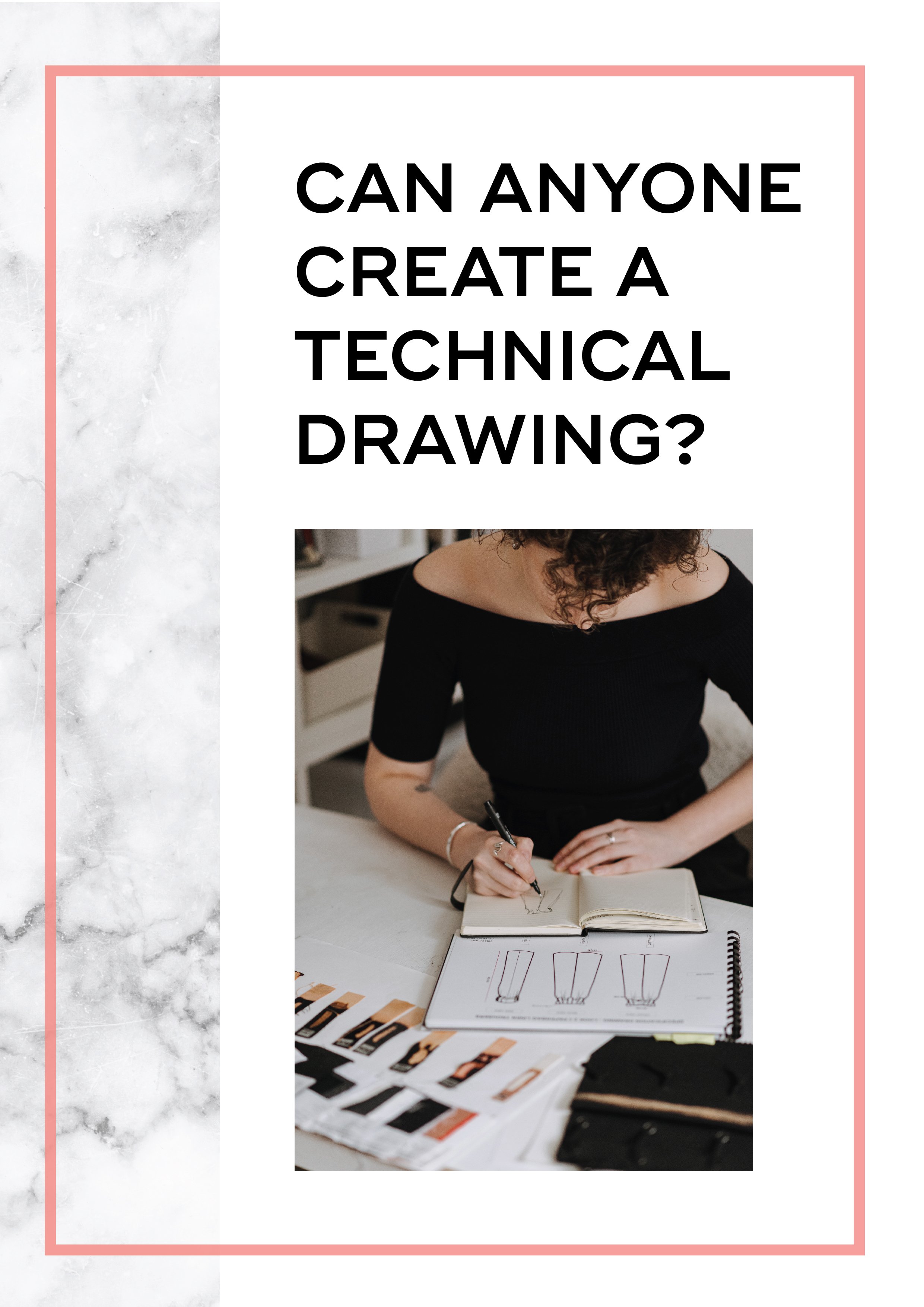
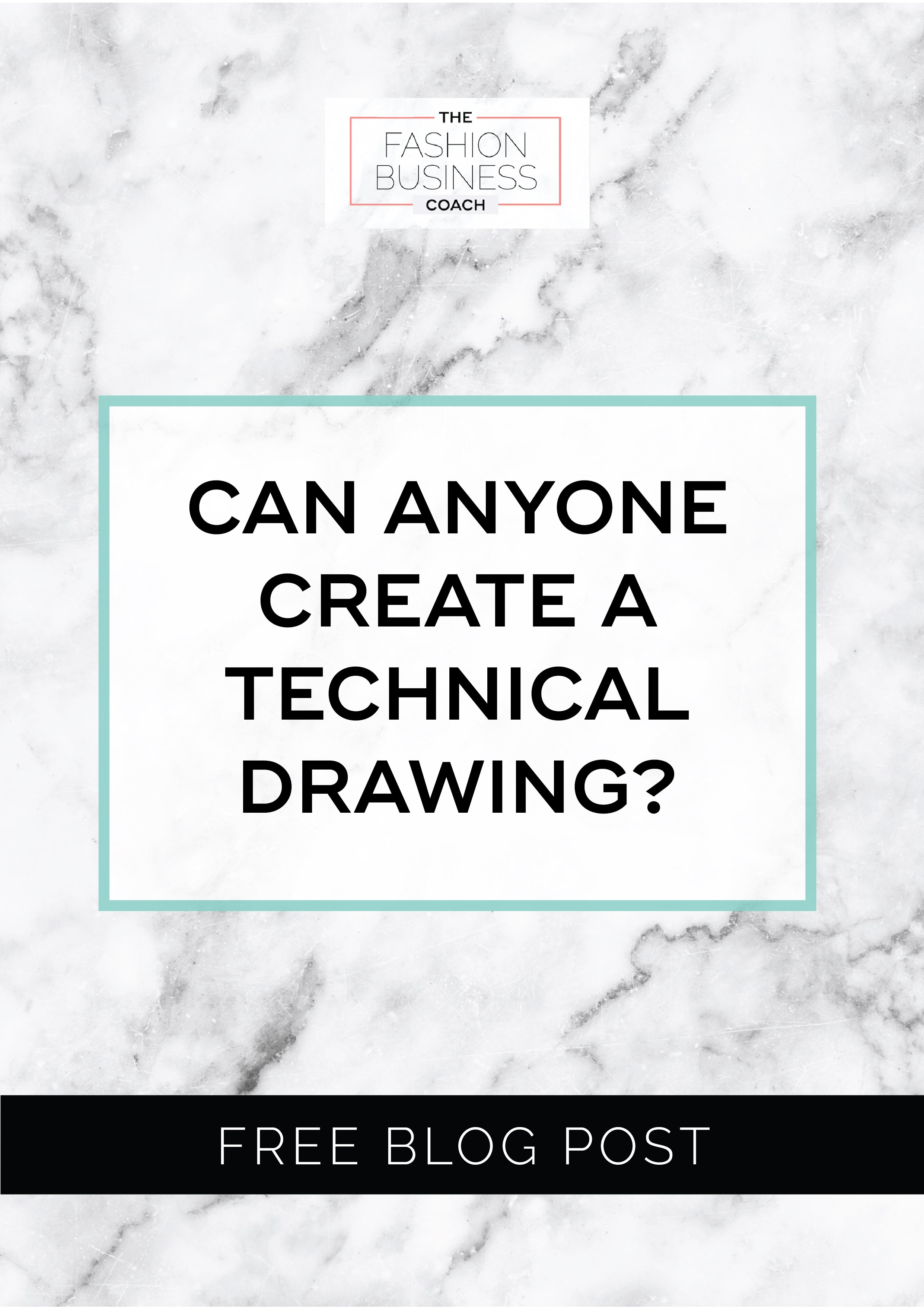

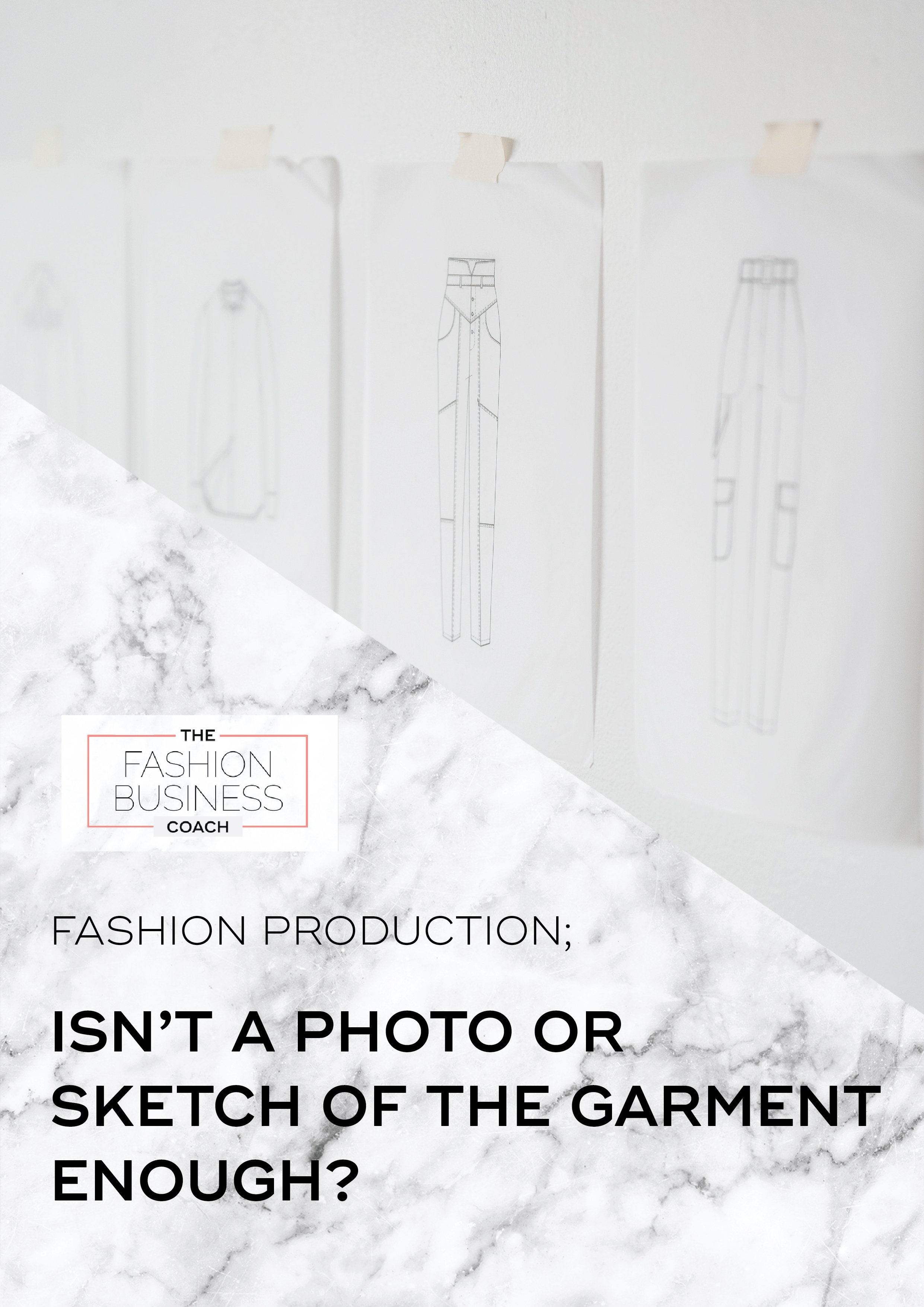
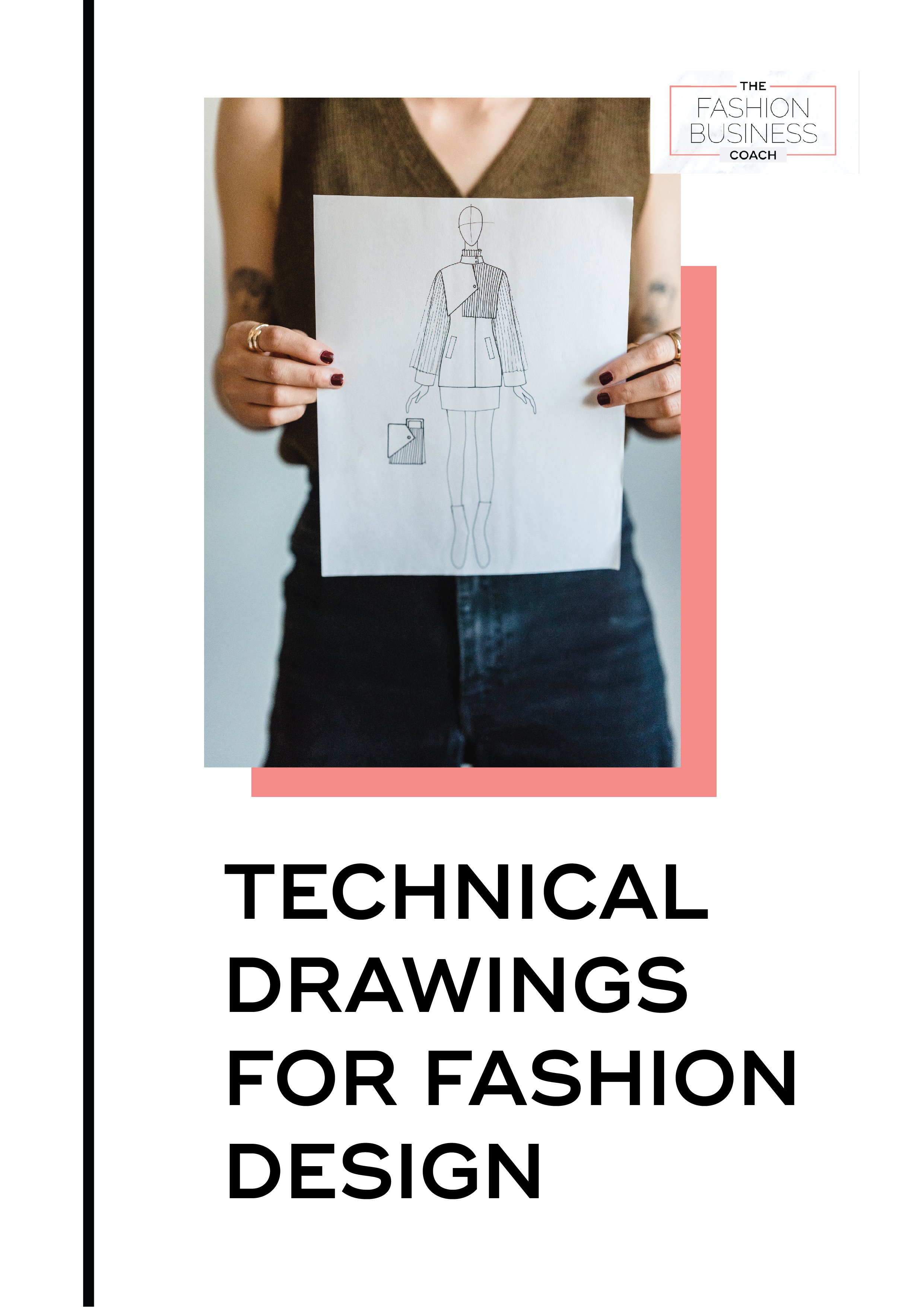
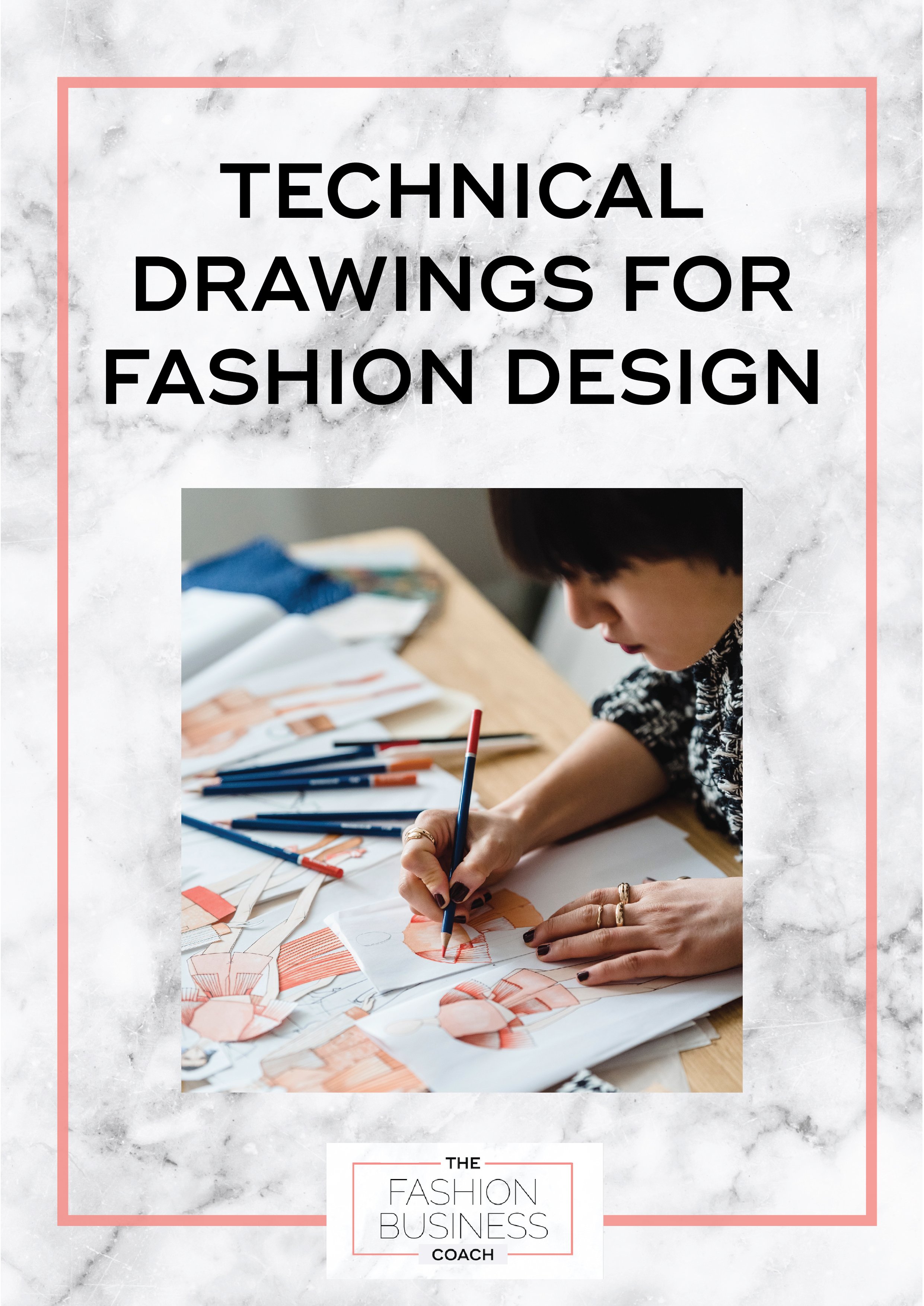
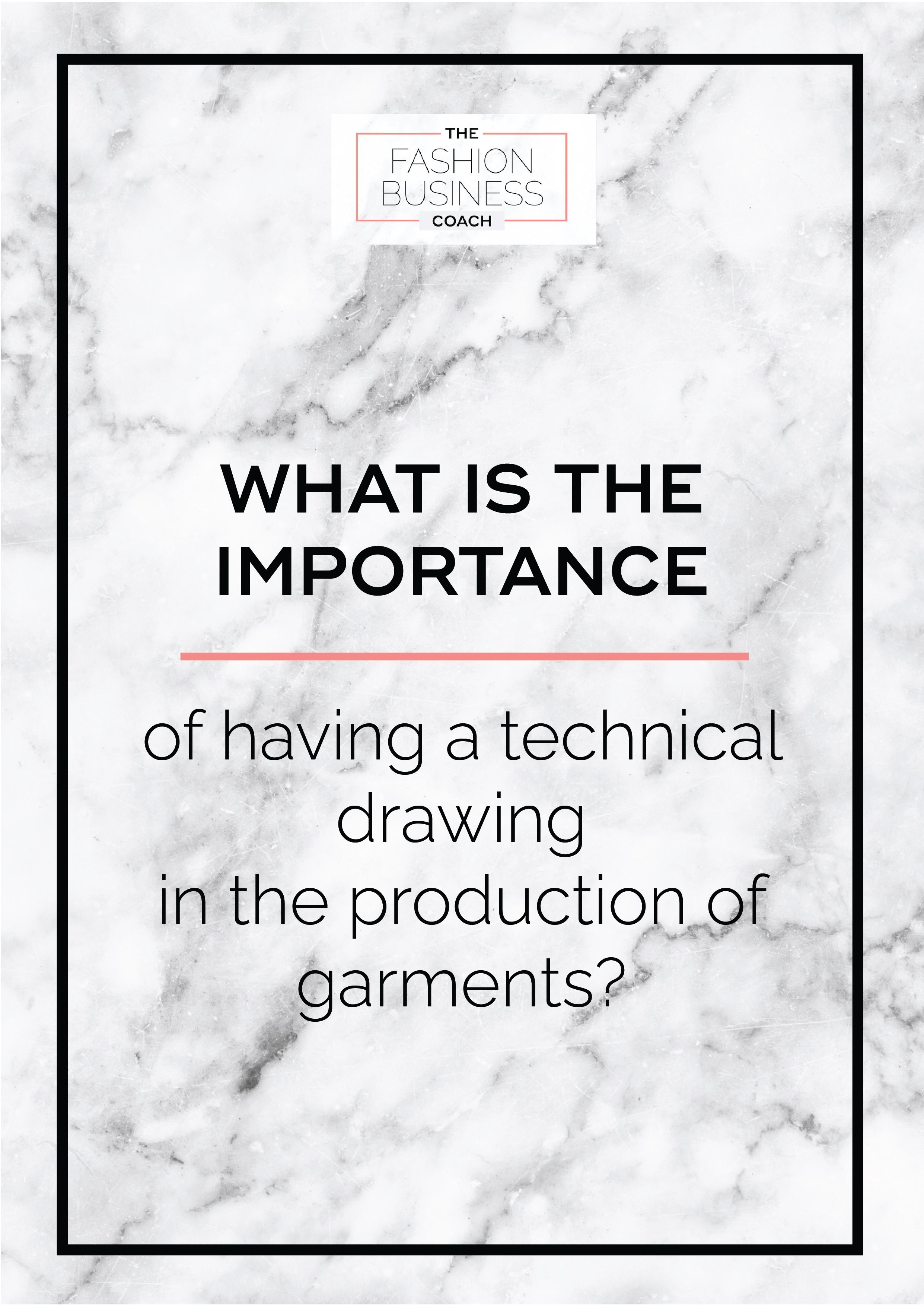
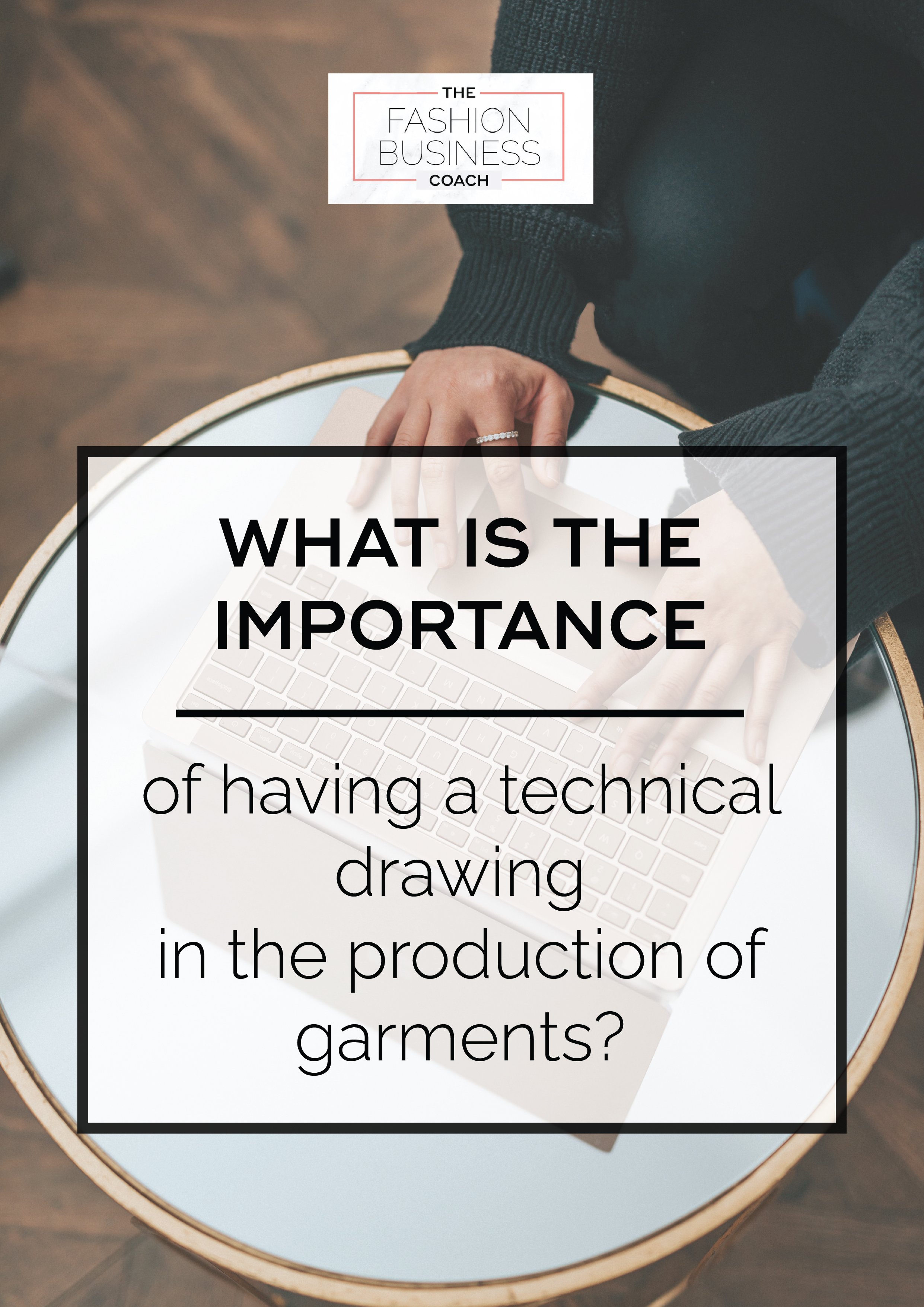
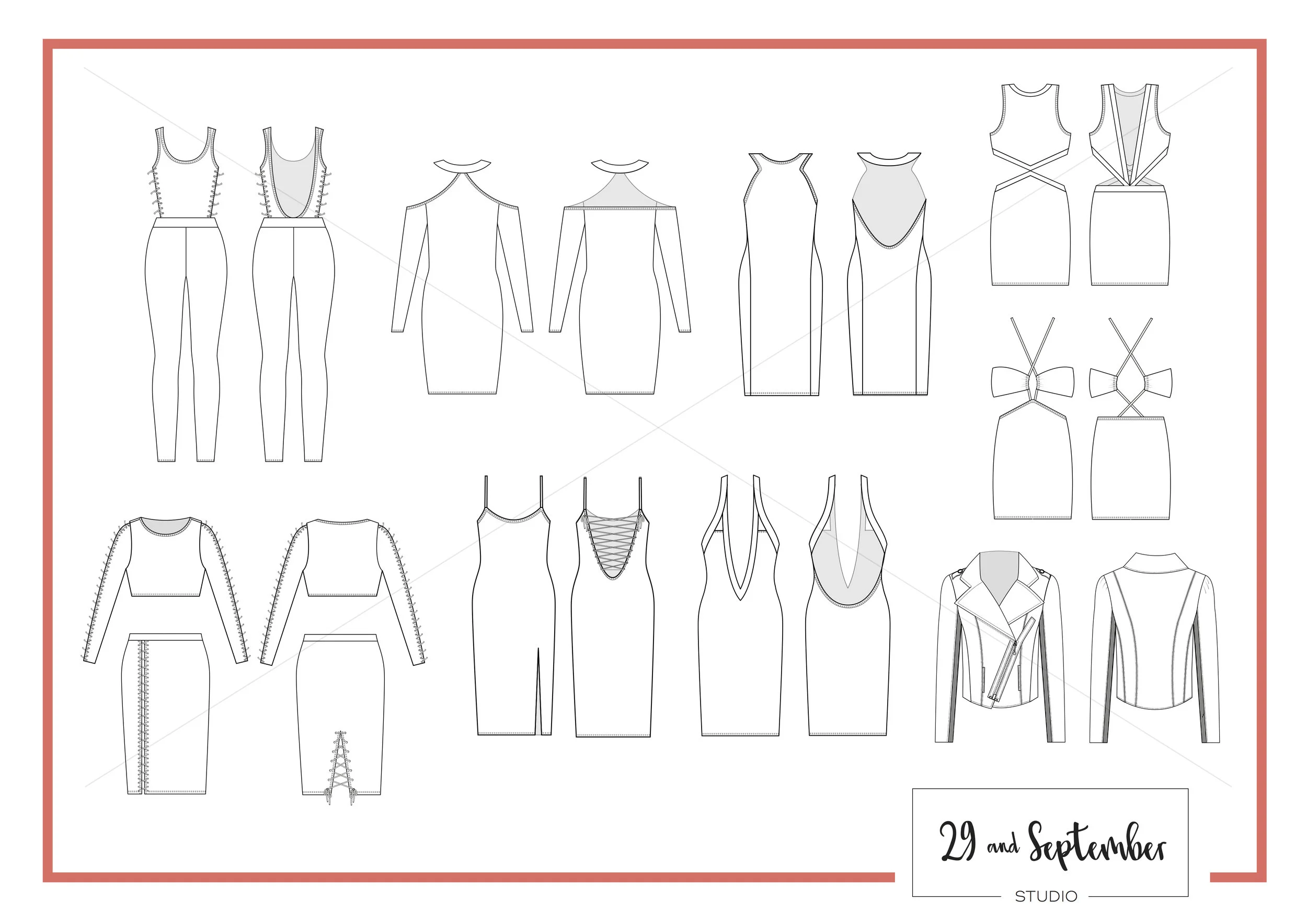










I was happy to be able to contribute to this free sustainability article published by Upjourney….